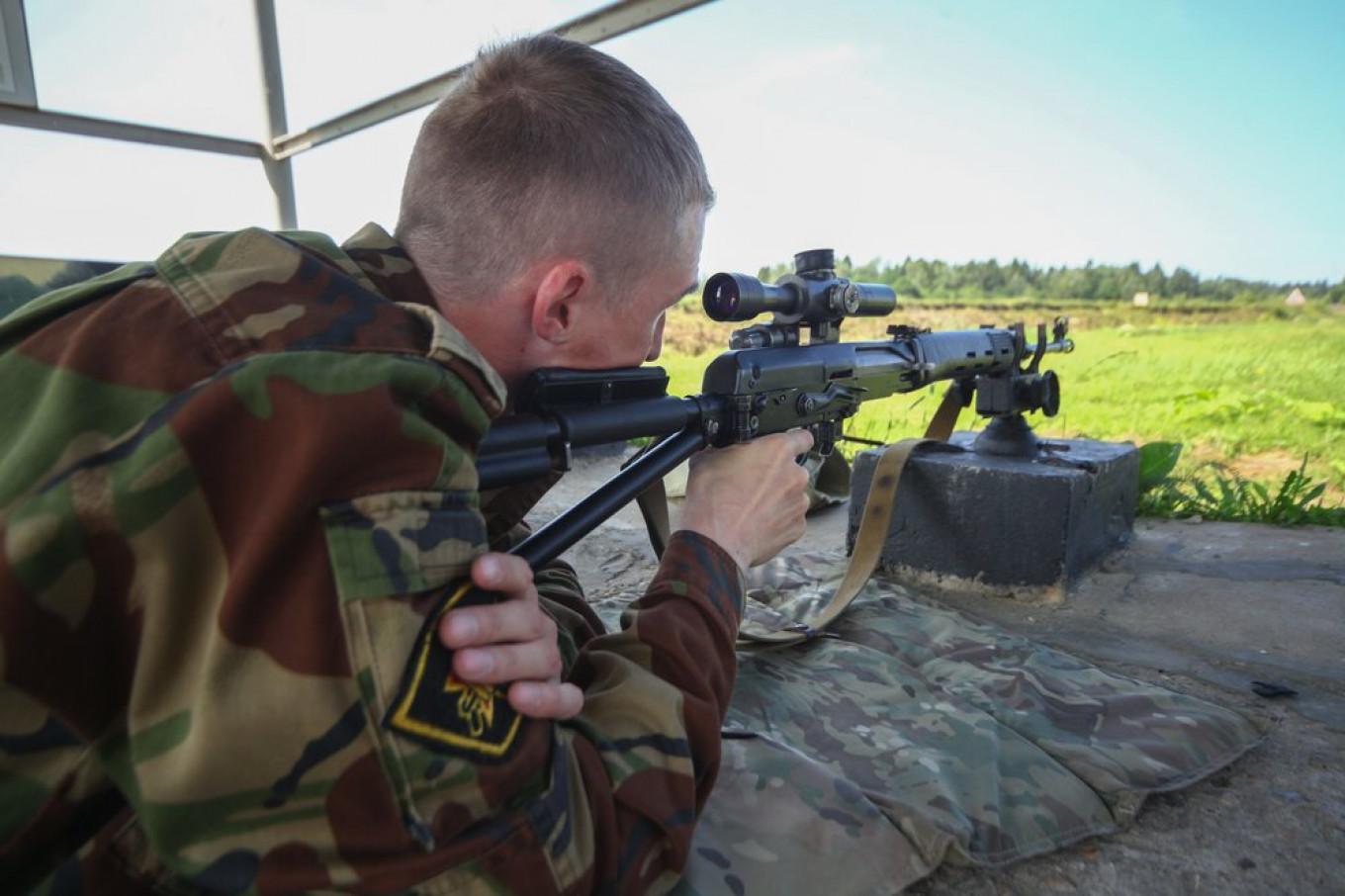
The United States has sanctioned two Russian arms manufacturers and a missile training center for allegedly violating international arms control restrictions on exports to Iran, North Korea and Syria.
The move was a response to the Russian entities’ transfer of restricted goods, services and technologies to the countries in violation of a U.S. law, a State Department notification posted on the U.S. government’s Federal Register said Tuesday.
The new sanctions target the Gatchina surface-to-air missile training academy, the high-precision weapons maker Instrument Design Bureau (KBP) Tula and the Moscow Machine Building Plant Avangard. Avangard manufactures missiles for Russia’s S-400 and S-300 systems.
Russia’s Foreign Ministry accused Washington of “rushing to cross out the positive nature” of U.S. State Secretary Mike Pompeo’s recent visit for talks with President Vladimir Putin.
“This is clearly about getting even for [Russia’s] help in reinforcing the Syrian air defense, which the U.S. and some of its partners have repeatedly tried to test,” the ministry said in a statement.
First imposed by the U.S. in 2000 and updated in 2006, the Iran, North Korea and Syria Nonproliferation Act (INKSNA) prohibits the transfer of goods, services and technologies restricted under international arms control agreements to Iran, North Korea and Syria.
The sanctions went into effect on May 14 and will expire in two years if not extended, the State Department notification in the Federal Register said. They prevent any U.S. companies or government agencies from doing business with the sanctioned Russian arms entities.
KBP had been sanctioned for the same violations in 2015, and the Gatchina surface-to-air missile training center in 2018. Russia’s state-owned arms exporter Rosoboronexport was sanctioned over alleged INKSNA violations in 2015.
Other Russian entities targeted by the 2015 sanctions include the fighter jet manufacturer MiG, rocket and missile design bureau NPO Mashinostroyenia, and night-vision optics maker Katod.
